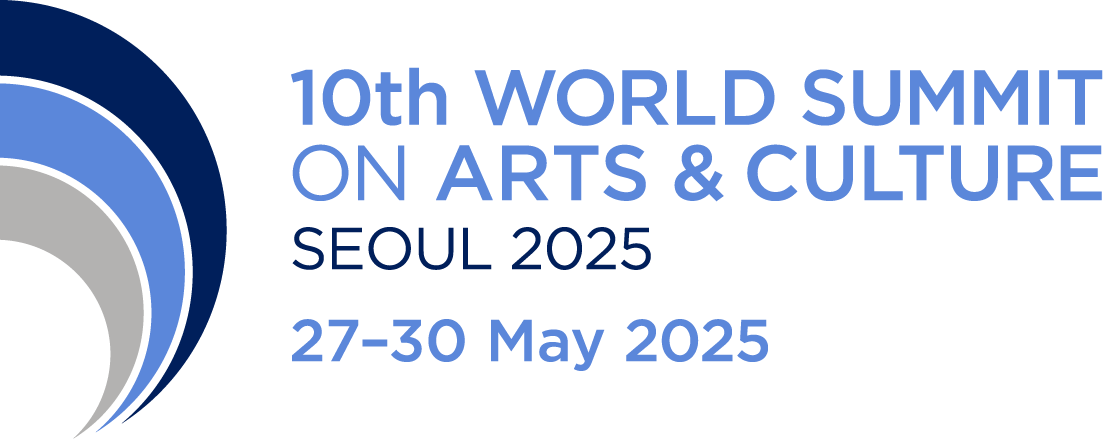Programme Objectives and Definitions
Objectives
The Summit programme will:
interrogate existing hierarchies in knowledge systems and how they are forged, and explore new patterns of interrelation.
address inequalities and decolonise dominant narrative and approaches.
consider geographical and contextual differences, including disparities in resources and technology access, usage, and innovation, as well as the current geopolitical dynamics among world regions.
provide an open space for debate on complex issues, viewed through different lenses, experiences and perspectives.
identify knowledge gaps to build futureproofing capabilities across the CCS ecosystem.
incorporate solutions that consider environmental impact, as climate crisis is core to the polycrisis and how we chart the future.
allow for the exchange of ideas, philosophies and experiences, and harness innovation (both analogue and digital).
integrate the digital dimension throughout the programme acknowledging its role both friend or foe in addressing each issue raised in tackling the challenges.
establish futureproof knowledge systems that are human-centred and to ensure arts and culture thrive.
Definitions
Futureproofing refers to the ability to anticipate events and develop ways to adapt, to mitigate against negative effects and to take advantage of positive ones.
Culture encompasses traditional as well as contemporary cultural expressions and content in their many forms. Cultural content refers to the symbolic meaning, artistic dimension and cultural values that originate from or express cultural identities;[1] and cultural expressions as those which result from the creativity of individuals, groups and societies, and that have cultural content.[2]
Knowledge encompasses traditional and historical knowledges and wisdom, current thinking and future transmission as the framework of ideas that help us understand the world in which we live. These multiple knowledges allow for the complexity of past, present and future.
Polycrisis encompasses a multiplicity of crises and major shifts in thought, politics, approaches, models, economies, society and our environments as well as technological change.
Decolonisation considers the act and mindset to withdraw from assumptions that one group has right, agency and voice over another group’s context, reality, history, identity and culture. It centres marginalised perspectives; encourages interdisciplinary and transnational approaches; and empowers self-determination in knowledge production and education.
Digitalisation is the practice of utilising digital technology to enhance processes.
Tech philosophy refers to the philosophical examination of technology and its impact on society, culture, ethics, and human existence. It involves exploring questions such as the ethical implications of technological advancements, the relationship between humans and machines, the role of technology in shaping human identity, and the influence of technology on social structures and power dynamics.
Note: These are working descriptions only, to establish a common understanding of the programme content.

